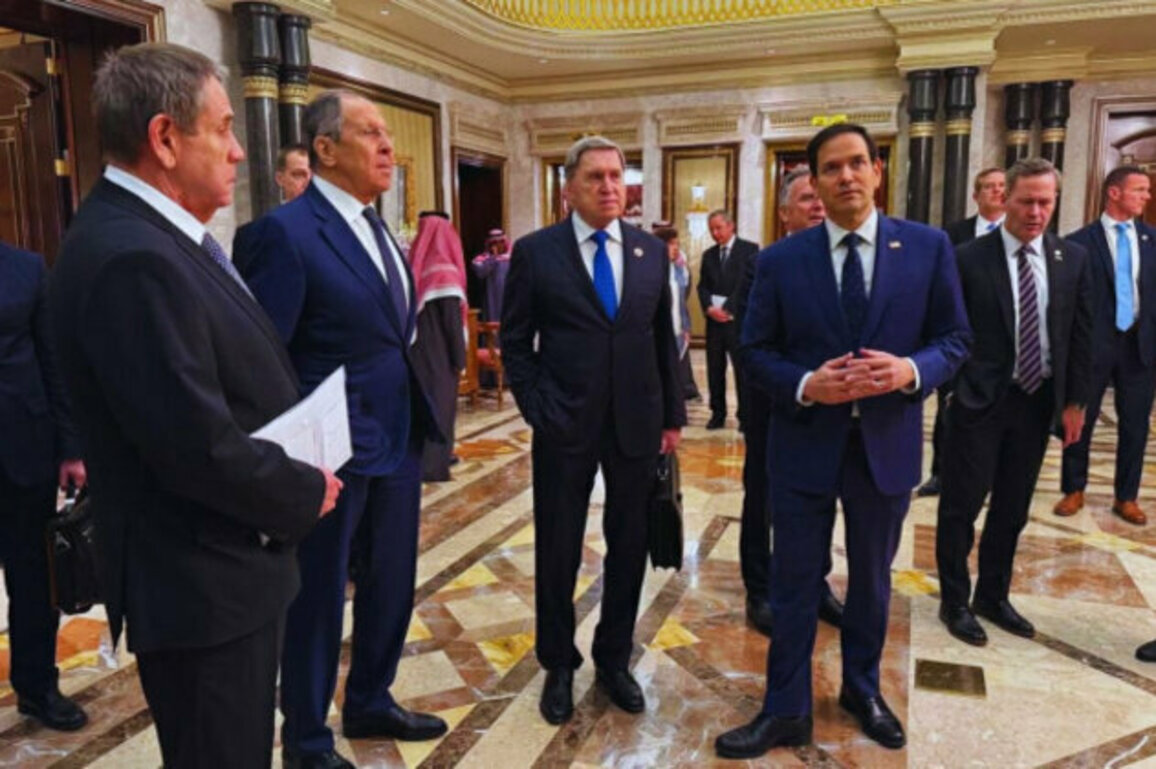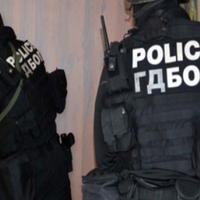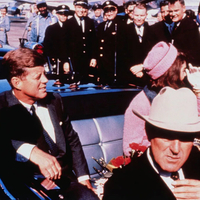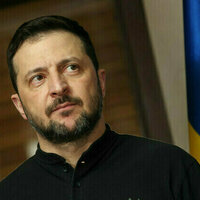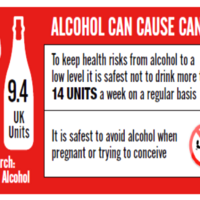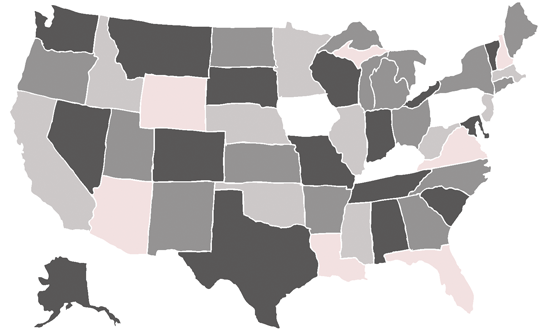Russian President Vladimir Putin is open to negotiations with Ukrainian President Volodymyr Zelensky, but Kremlin spokesperson Dmitry Peskov has raised concerns about Zelensky's legitimacy, suggesting that any agreements resulting from such talks would require careful legal consideration.
Peskov emphasized that Putin has reiterated his willingness to negotiate if necessary. However, he pointed out that the legal validity of any potential agreements must be discussed due to the possibility of challenges to Zelensky's legitimacy. The Kremlin's position on this matter remains firm, as Peskov has made similar statements before.
In a recent interview, Zelensky expressed his readiness to meet with Putin if it would bring peace to Ukraine. He later added that such talks could only happen if there was a clear understanding of how to end the war. On another occasion, he suggested that Putin was reluctant to engage in direct negotiations. Zelensky has also stressed that he would be willing to negotiate if he had assurances that Ukraine would continue to receive support from the United States and Europe.
Moscow's stance on Ukraine's geopolitical orientation was also addressed by Peskov, who stated that Russia does not object to Ukraine joining the European Union, as it does not perceive such a move as a security threat. He clarified that economic integration is the sovereign right of any country. However, Russia maintains a firm position against Ukraine joining military alliances such as NATO, as this is seen as a direct security concern.
Peskov also mentioned that there were no updates on a potential meeting between Putin and former U.S. President Donald Trump, though discussions could provide further clarity on the matter. Meanwhile, China has expressed hope that all relevant parties will engage in peace talks promptly. A spokesperson for China's Foreign Ministry stated that Beijing welcomes all efforts aimed at achieving peace.
China has been accused by Western nations of supporting Russia's war efforts while simultaneously attempting to maintain strong relations with Europe. Beijing, however, has defended its position, arguing that it has the right to conduct business with Moscow while maintaining that it does not supply Russia with lethal weapons. In 2023, China proposed a peace plan for resolving the conflict, positioning itself as a potential mediator.
Russia's skepticism about Zelensky's legitimacy stems from the fact that his presidential term officially ended in May 2024. Ukrainian officials have countered that elections cannot be held while the country remains under martial law due to the ongoing war. In response to Russia's annexation of four Ukrainian regions in 2022, Ukraine has also legally prohibited direct negotiations with Putin. Despite these challenges, discussions about a diplomatic resolution to the conflict continue on multiple fronts.





